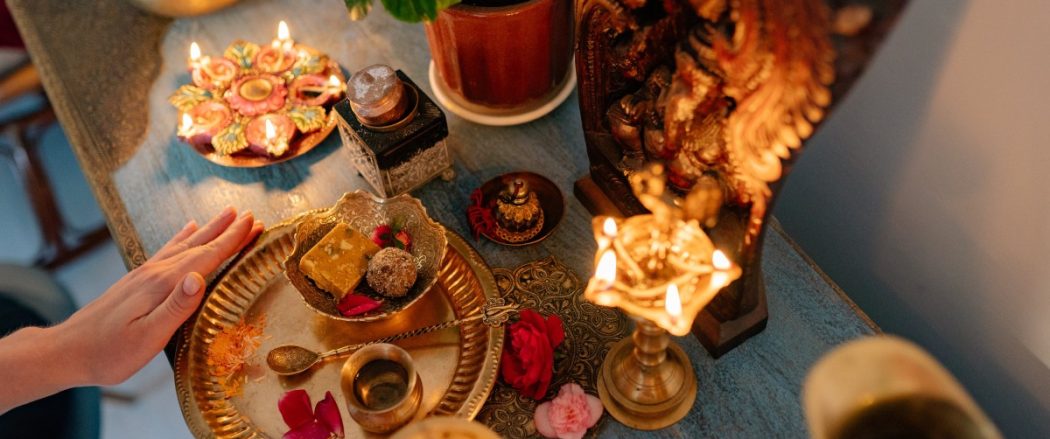With just 24 hours to go until the Festival of Lights, we at Everyone Health are wondering what’s going to be served on the table over the next 5 days.
Celebrated by Hindus, Sikhs and Jains worldwide, Diwali is one of the most significant festivals in Indian culture and calls for a number of traditional dishes.
Keep reading for a round-up of some of the symbolic dishes that may be on the Diwali menu:
Mithai
With one of the key parts of Diwali being to celebrate the sweetness of life, you can expect to see plenty of sweet treats served.
South Asian sweets and desserts are called mithai and are a staple part of Diwali celebrations. Many of the treats are fried foods like doughnuts and barfis, typically made from sugar, ghee and condensed milk.
For a heart-healthy Diwali, we would recommend trying to limit the amount of sweets you have over the 5-day celebration. If you’re on dessert duty, why not replace saturated fats like ghee with unsaturated fats such as olive oil or sunflower oil. Or, you could base your dessert around nuts and fresh fruit to satisfy that sweet tooth while giving you a healthy mix of protein, fibre and vitamins.
Chivda
Diwali snacking typically consists of something called chivda which is described as a ‘spiced Bombay mix’ containing a variety of dried ingredients such as peanuts, chickpeas, fried onions and fried lentils.
Peanuts and chickpeas can be a great source of protein and fibre which is handy to help improve digestion after a little overindulgence.
Samosas
These tasty fried pockets of pastry usually come in the shape of a triangle and are stuffed full with either mince meat, lentils or vegetables.
Although samosas are traditionally fried in a lot of oil, you can still achieve crispy and flavoursome samosas without deep-frying. Baking or air-frying your samosas means you can lose the oil which packs a lot of calories.
If you’re adding meat into your samosa, try to opt for a lean meat source like grilled chicken.
Curries
Curries are a fundamental part of the Diwali menu. Bulking up on vegetables, lentils and chickpeas in your curries are a great way to boost the fibre content of your meal. If you’re eating meat, choose a lean source like grilled chicken or fish instead of fried which will reduce your fat intake. Not a meat-eater? Use tofu instead of paneer for a more heart-healthy dish with less saturated fat. It could also be a good idea to make the switch to wholegrain rice instead of white rice which will keep your cholesterol down.



